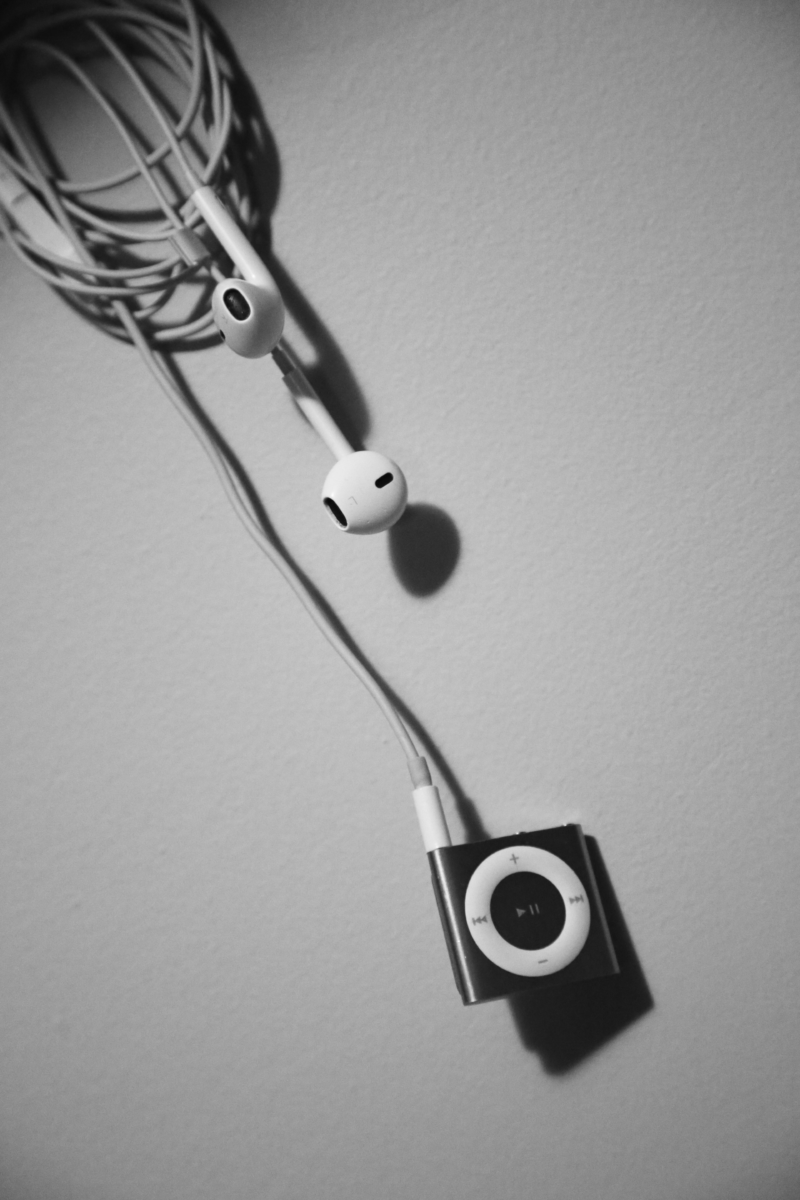
I was also impressionable. As I was browsing a forum I came across a post declaring “grunge is dead.” And for some ridiculous reason I took that to heart. A few more google searches proved I had indeed missed the boat. Fifteen year-old Hadeel put away the eyeliner and ripped jeans and joined the mainstream.
I now realize how silly that was. Grunge can’t be dead, it’s always on the radio. I hear that, along with “Punk is dead” all the time. But is that possible? The recordings are on the internet forever, and we’ve even sent songs into space. So what makes a genre dead?
I took to the streets and asked students on St. Thomas University campus if they think a genre truly can die.
“I don’t know if they die out entirely but people stop creating in the genre,” said William Cumming, a second-year Journalism major.
“Just because something is dead doesn’t mean it doesn’t exist, it just means it doesn’t have as much relevance in today’s society. Just because something is dead doesn’t mean it’s gone,” said Anthony Bryan, a third-year English major
“I think it is possible for a music genre to be dead – I don’t think it’ll necessarily stay dead.” said Simon Greenough, a third-year UNB student.
So the responses are a bit vague. It’s dead but it’s not. I needed clearer answers. I think what I’m really looking for is the definition of ‘genre’. So I sat down with Mark Kilfoil, the program director of Fredericton’s campus radio station, CHSR.
With broad shoulders and a thick metal band beard, Kilfoil is a little intimidating. This is quickly contrasted by his smooth radio voice and wired framed glasses, however. Either way he has the air of a music sage.
According to Kilfoil no genre can truly be dead. However, the definition of the word ‘genre’ itself has become vague. When we first began recording music there were only a few genres, but in modern days everything is melding together and music is constantly remixed and reinvented.
He uses the example of the early 2000s ‘sound’ to explain how music is recycled.
“One of the things I’ve looked back at is trying to find what genre defines each decade… what I realized is that [the 2000s] were the beginning of the rediscovery of old genres and the remixing of old genres,” said Kilfoil. “Then when people suddenly realized ‘hey where’s this great music coming from that we’re remixing?’ people started to go and see those original genres.”
So the consensus was genres can be dead and alive at the same time.
I realized I might be asking the wrong question. Perhaps I’ve been thinking about music too technically, so I took a step back and decided to take on a more philosophical stance.
I met with St. Thomas philosophy professor Alan Hall. He was a little less intimidating, but I may have gotten lost a little when he started talking about how “there’s nothing more punk than singing about how punk is dead.”
I was out of my element, but I think I got the answer I needed. According to professor Hall, what’s constantly changing is our relationship with music. And what makes music last, or not, is how we perceive it.
To professor Hall, connecting with music is timeless. This is what I didn’t really know at 15. Grunge couldn’t have been dead, because I was still listening and connecting to it. Hall puts it perfectly.
“I am very far removed from 18th century Vienna, but there’s this moment at the end of The Marriage of Figaro that is so astonishingly beautiful, when the duchess forgives her husband. It’s so beautiful, I can’t really believe that it’s any less beautiful to me than it would have been to someone listening to it in Vienna.”